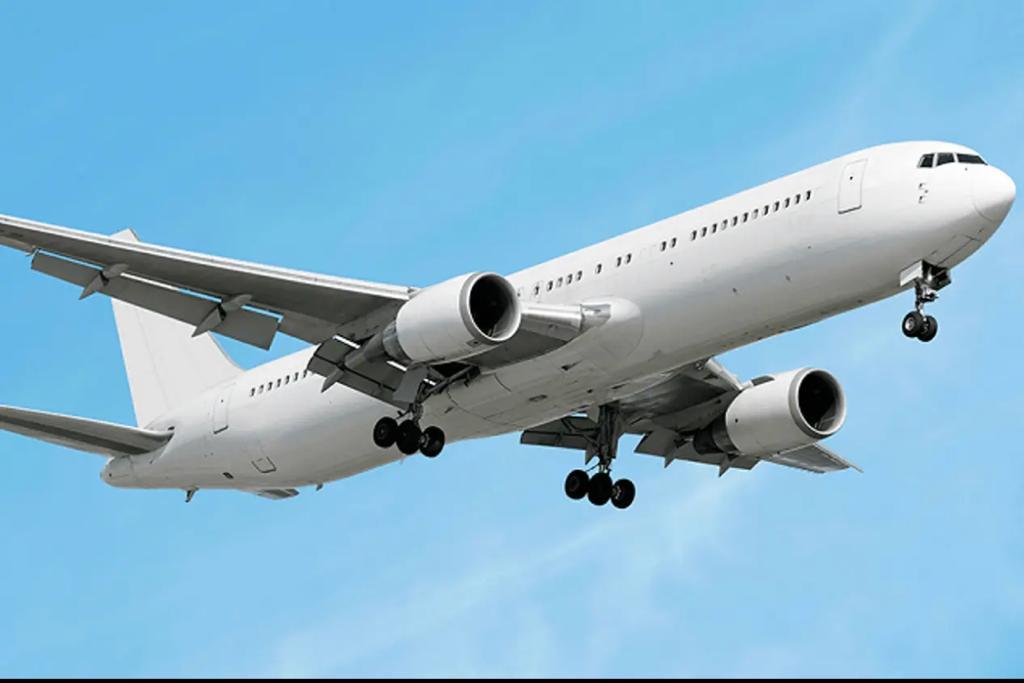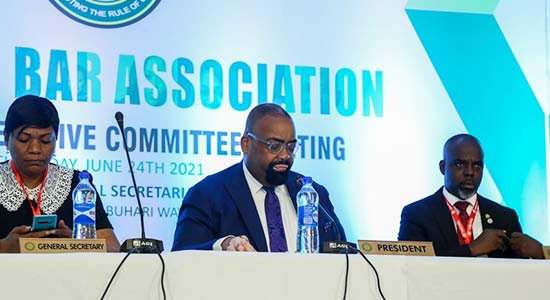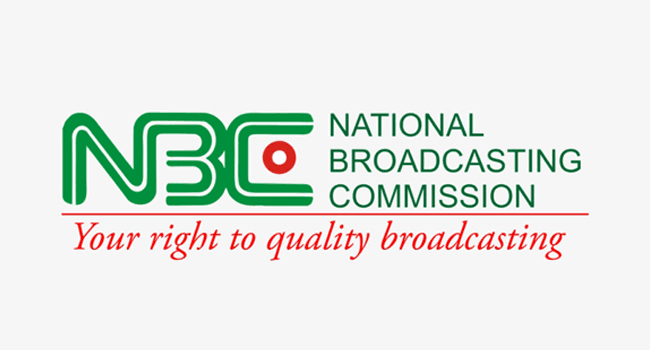The Aviation Safety Round Table Initiative (ART) has asked the federal government to comply with the provisions of the bilateral air services agreement (BASA) as regards foreign airlines’ $464 million revenue trapped in Nigeria.
Olumide Ohunayo, assistant secretary-general of ART, said this in a statement on Friday.
BASA is an air transport agreement between two countries that allows designated airlines to operate commercial flights, covering transportation of passengers and cargoes.
Ohunayo said the agreement makes provision for the repatriation of revenue earned by foreign airlines, and he asked the government to “do the needful”.
Advertisement
“In all bilateral air services agreement an article in the agreement — transfer of earnings — clearly states that ‘each designated airline shall have the right to convert and remit to its country on demand, local revenues in excess of sums locally disbursed. Conversion and remittance shall be permitted without delay in accordance with the prevailing foreign exchange regulations’,” he said.
“International trade is binded by agreements which are sacrosanct and respected. Nigeria cannot do otherwise if we crave the attention of investors in our industry.
“It’s important to state that foreign airlines sold these tickets at the official IATA rate and cannot be expected to go [to] the parallel market to source, convert and remit as opined in some quarters, the central bank should do the needful as enshrined in the BASA agreements.”
Advertisement
Ohunayo said the funds should have been remitted at the official rate on date of sale immediately the airlines got clearance after paying all the local obligations, including taxes.
Nigeria’s aviation sector could soon witness the dearth of foreign airlines’ who are already taking stringent measures against the market in attempts to recover the funds which rose to $464 million in July.
On Thursday, Emirates Airlines announced the suspension of its flight operations to Nigeria, starting from September 1, 2022.
The airline had initially reduced its operations to Nigeria before it eventually pulled out of the country’s airspace.
Advertisement
TheCable had reported on the negative impact of the continued restriction of access to these funds.
Several warnings by aviation experts, and international organisations, including the International Air Transportation Association (IATA) have not been heeded.
Ohunayo said the harm done to Nigeria’s image as an investment-friendly nation was far-reaching.
“The Aviation Safety Round Table Initiative (ART) is dismayed by the appalling handling of the accumulated foreign airline funds trapped in our banks, due to the non-allocation of forex to these airline,” he said.
Advertisement
“The damage that our action has done to the Nigerian image as an investment friendly nation is far reaching, while the citizenry is faced with high fares, reduced capacity and limited travelling options, which will worsen if we continue on this trajectory.
“We found ourselves in this unenviable situation because we lack capacity to compete, which would have reduced the remittance volume.
Advertisement
“The unborn Air Nigeria cannot produce this capacity, irrespective of the funds allocated, but by an aggregated process of developing our industry to produce vibrant flag carriers that will be courted for commercial partnerships which is the purveyor for successful international flight operations.
“We are also of the opinion that to kick start this process, a functional and credible data gathering methodology for the industry is a necessity. We cannot continue to blow hot air without verifiable data.”
Advertisement
Add a comment







